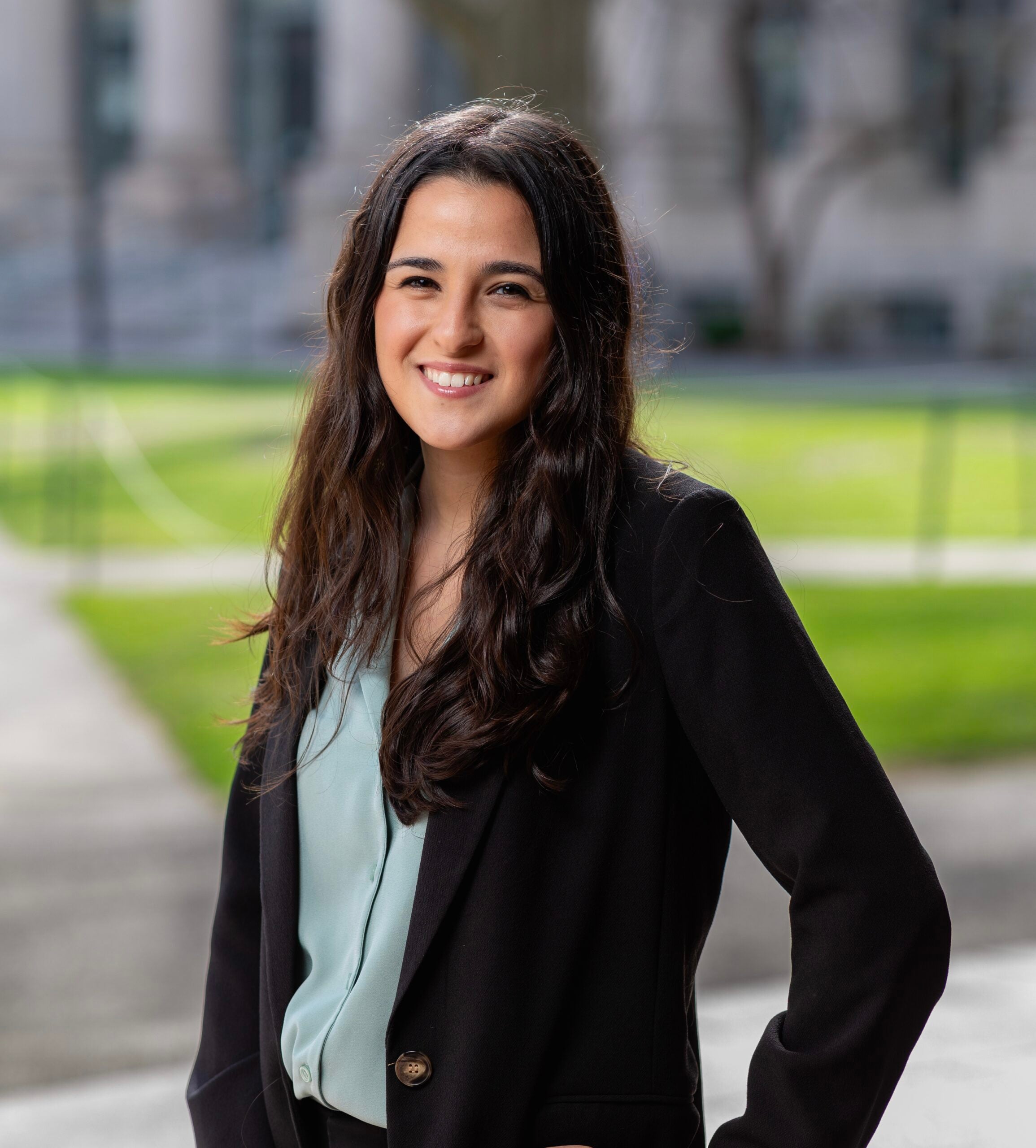By Sophia Pereira ’24

I never imagined myself working in the sphere of Animal Law. Admittedly, growing up, I was always a huge animal-lover, raised in a home with pets. But I never expected that this work would become such an integral part of my Harvard Law School experience. Looking back on this semester, I will be eternally grateful for the Animal Law & Policy Clinic, and I cannot recommend this work to fellow students enough.
I joined the Animal Law & Policy Clinic my final semester of law school, in truth, purely because it fit my schedule and I needed to meet my experiential credit hour requirements. I came to Harvard Law to learn to be a litigator, and had naively planned to focus solely on black-letter law courses to meet this goal. However, because of the experiential learning requirement, I needed to enroll in a Clinic course. Thus, I registered with the mindset that I would just power through the semester to get my credit hours done. At that point in time, little did I know the profound and meaningful impact the Animal Law & Policy Clinic projects would have on my life.
When I joined the Animal Law & Policy Clinic, our Clinic Director, Mary Hollingsworth, told me about one of the Clinic’s ongoing projects: our two-year attempt at getting the U.S. Fish and Wildlife Service (“Service”) to re-list manatees as an endangered species. She thought this project would be a good fit for me given my interest in litigation.
I was horrified to learn from her about the extent of manatee suffering: their main food source, seagrass, is disappearing; their sources of warm water refuge are being destroyed by humans; irresponsible boaters are causing them physical trauma; they are being exposed to toxic algae blooms; and there have even been horrific cases of poaching. This is all happening right now – yet manatees are not recognized as an endangered species.
As a Floridian, I grew up regularly exploring the vast ocean and its many animals. I feel unbelievably fortunate that at many points throughout my life, I came face-to-face with manatees. However, this is an experience future Floridians may not be able to have if society does not use our resources to advocate for manatees, and better protect these beloved creatures from further harm. This is what inspired me to join this project.
Once I began my work for the manatees, I became extremely passionate about this project. I joined a semester-long effort to ensure the Service complies with its statutory duties outlined in the Endangered Species Act (“ESA”). Under the ESA, once a listing petition is received the Service has 90 days to publish a finding evaluating whether the petition presents substantial information that the petitioned action may be warranted. If the Service issues a positive finding, it has 12 months from the date the petition was received to issue a finding as to whether the listing is warranted.
The Clinic, along with the Center for Biological Diversity, Miami Waterkeeper, Save the Manatee Club, and Frank S. González García submitted a formal petition to the Service on November 21, 2022, calling on the Service to reclassify the West Indian manatee (Trichechus manatus) from a threatened species to an endangered species under the ESA. On October 12, 2023, after the Clinic filed a notice of intent to sue for failing to issue a 90-day finding, the Service issued a positive 90-day finding. This triggered the requirement that the Service issue a 12-month finding by November 21, 2023. The Clinic provided written notice of intent to sue, as required by the ESA, by a letter to the Service dated March 21, 2024 (received April 2, 2024). As of the day I write this, the Service has not yet published their 12-month finding.
As part of my role in this case, I was given the opportunity to lead client calls, draft a notice of intent to sue, work on press releases, participate in an interview with the media, draft a complaint, interview standing declarants, and draft a standing declaration. And this was for just one of the three clinic projects I actively worked on this semester! I know I speak on behalf of all my peers in saying that the Clinic provided students with invaluable hands-on experiences, and truly let us take a lead role in our work output.
This work has helped me to grow, both as an attorney and as an advocate. This semester I have further improved critical skills in researching, writing, client communication, oral advocacy, brief drafting, and more. The ability to dive hands on into a real-world project and make a difference while I am still in law school has fortified my interest in becoming a litigator, and has reminded me of why I went to law school: to actively make a difference.
Filed in: Clinical Student Voices
Contact Office of Clinical and Pro Bono Programs
Website:
hls.harvard.edu/clinics
Email:
clinical@law.harvard.edu